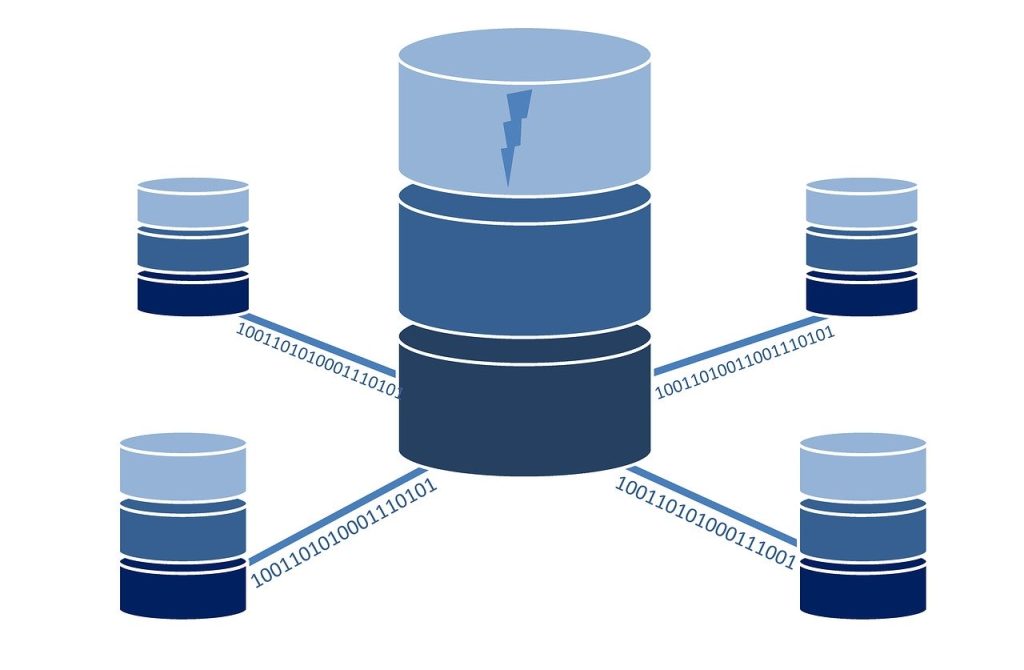Streamlined Data Management Starts with a Custom Database
Streamlined data management is essential for businesses aiming to thrive in today’s fast-paced digital environment. At the heart of efficient data handling is a custom database, a powerful tool designed to meet the specific needs of an organization. Unlike generic, off-the-shelf solutions, a custom database is tailored to address the unique challenges and requirements of a particular business, providing a foundation for effective data management and operational efficiency. A custom database starts with a thorough understanding of an organization’s processes, goals, and data requirements. This initial step involves collaborating closely with stakeholders to identify key data elements, workflows, and reporting needs. By diving deep into these aspects, developers can design a database that not only organizes and stores data efficiently but also enhances the overall functionality of the system. This bespoke approach ensures that the database is perfectly aligned with the business’s objectives, offering a competitive edge over generic solutions that may require cumbersome adjustments to fit specific needs.

One of the primary advantages of a custom database is its ability to streamline data management processes. In a well-designed system, data can be entered, retrieved, and manipulated with ease, reducing the time and effort required to manage information. For example, custom databases can automate routine tasks such as data entry and reporting, minimizing manual errors and freeing up valuable time for employees to focus on more strategic activities. Additionally, these databases often incorporate advanced features such as real-time data updates, which keep information current and accurate, further enhancing decision-making capabilities. Another significant benefit of a custom database is its scalability. As a business grows and evolves, its data needs will likely change as well. A custom database can be designed with scalability in mind, allowing for the seamless addition of new data fields, tables, and functionality as requirements expand.
This adaptability ensures that the database remains relevant and useful over time, avoiding the pitfalls of outgrowing a generic solution that may not support new demands or integrate easily with other systems. Security is another critical factor where custom databases excel. Businesses often deal with sensitive information that requires robust protection against unauthorized access and data breaches. Custom databases can be equipped with tailored security measures such as encryption, access controls, and audit trails, Xeo Software bespoke datasoftware providing a higher level of protection compared to standard solutions. This not only safeguards the integrity of the data but also helps in complying with regulatory requirements and maintaining customer trust. In addition to these practical benefits, a custom database can improve overall efficiency and productivity by eliminating the need for complex workarounds or manual data handling. By providing a centralized repository for all relevant information, employees can quickly access and analyze data, leading to more informed decision-making and streamlined operations.